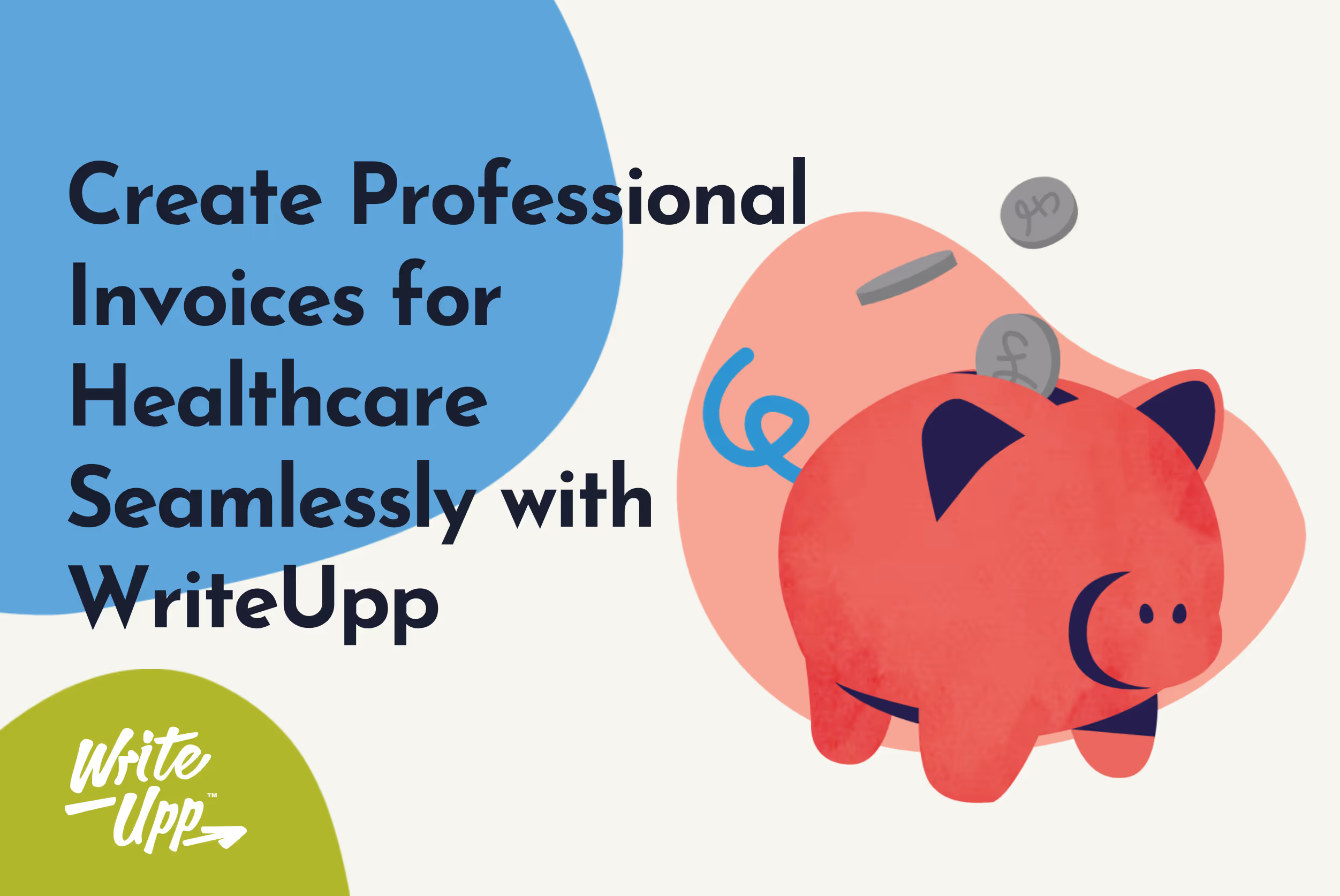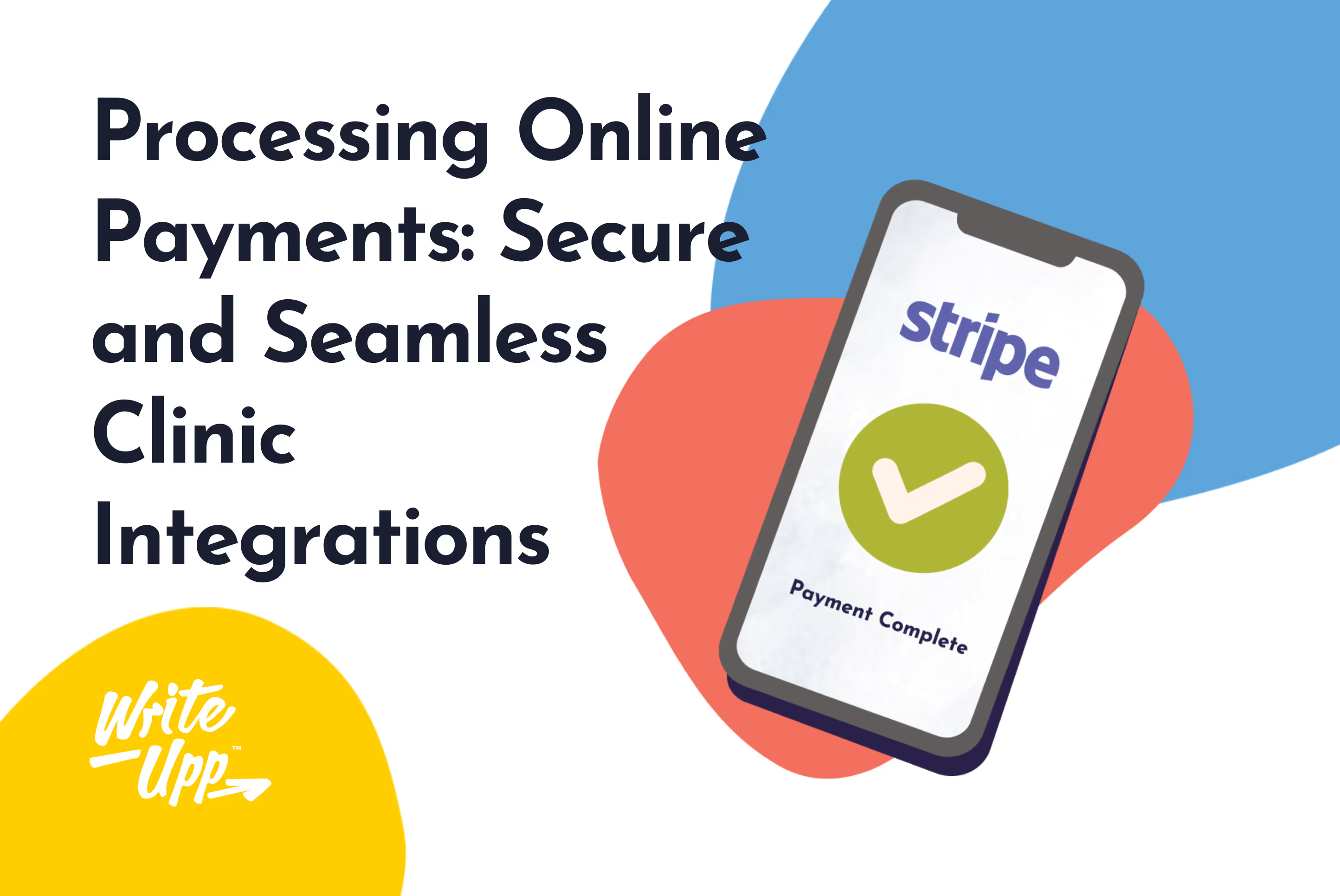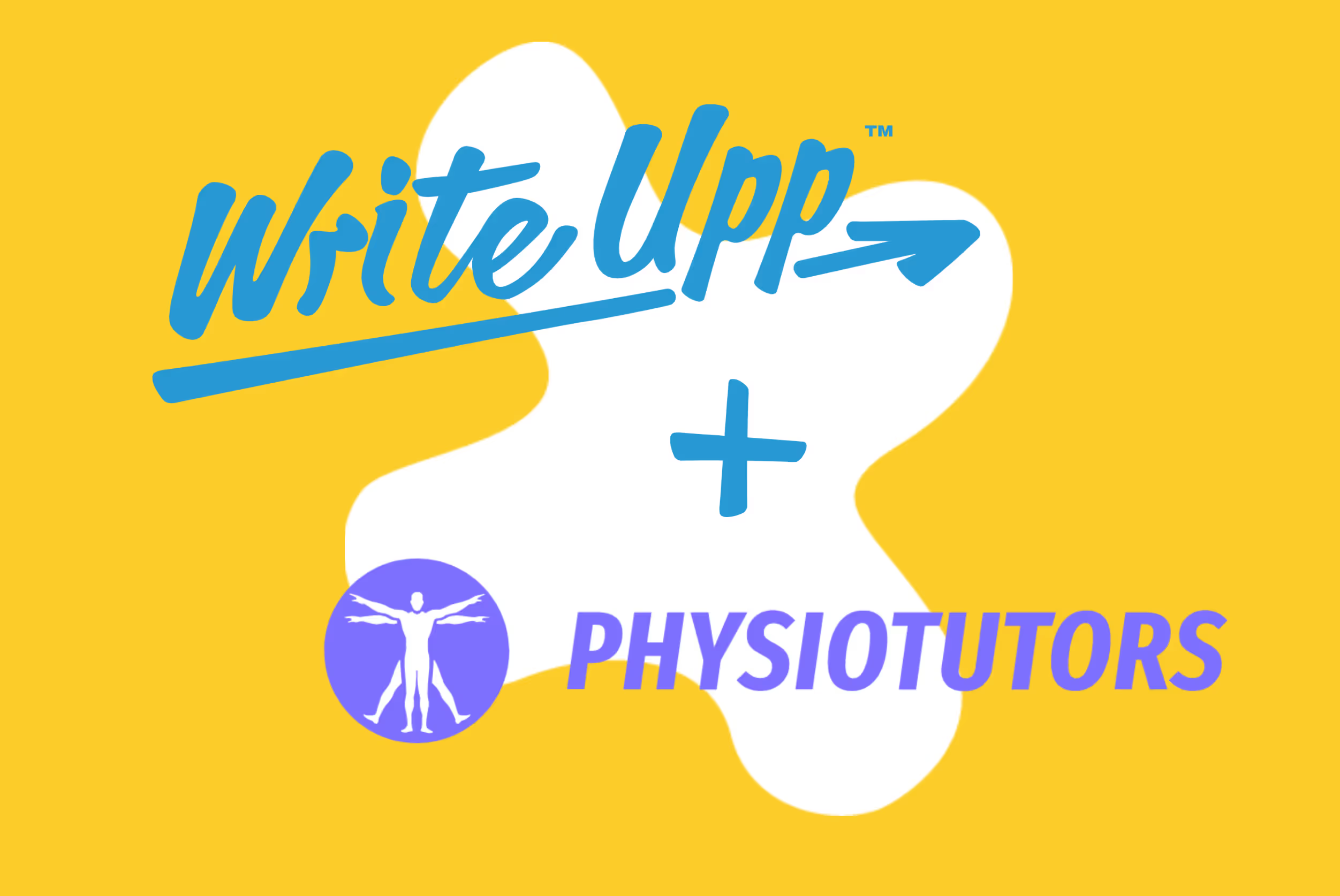In the high-pressure world of private practice, practitioners face the dual challenges of delivering top-notch care to clients while managing the stresses of maintaining a successful business. This relentless pace and responsibility can lead to significant stress, impacting personal well-being and professional effectiveness.
Yet, there's a potential antidote to this stress: professional development. By embracing continuing professional development (CPD) and growth, practitioners can keep ahead of the latest advancements, bolster their skills, and gain confidence in their abilities. This not only improves client care but also boosts job satisfaction and resilience.
Beyond enhancing skills, CPD can offer invaluable networking opportunities, reducing the sense of isolation that often exacerbates stress. It also opens up new avenues of interest, injecting excitement and a sense of purpose into your career.
The Link Between Professional Development and Stress Reduction
Private practitioners navigate a minefield of stressors that can negatively impact their mental health, job performance, and patient care. A heavy workload is a primary source of stress, with the balancing act of managing numerous patients, appointments, and paperwork often leading to burnout. Patient care challenges, such as dealing with complex diagnoses and difficult conversations, add emotional strain and anxiety.
Admin burdens, from paperwork to billing and documentation, further detract from patient care and heighten stress levels, which can be mitigated with the right technology. Recognising and addressing these sources of stress is vital for practitioners' well-being and ability to provide optimal care.
As a clinician in private practice, engaging in professional development can be a great tool for enhancing your competence and confidence and reducing the stress that often accompanies the complexities of your role. By embracing opportunities for learning and growth, you're equipping yourself with the necessary tools and knowledge to excel in your profession, reducing feelings of inadequacy and overwhelm.
Professional development provides a platform to exchange ideas, collaborate with peers, and discuss best practices and emerging trends. These interactions cultivate a supportive and growth-oriented environment, offering you a sense of belonging and validation. It reassures you that you're not alone in facing the challenges of private practice, as others share similar experiences.
Read about the importance of building support networks in private practice.
The Psychological Benefits of Learning
Continuous learning yields psychological benefits that bolster mental health and aid stress management. It boosts self-esteem by fostering confidence and competence.
Research has consistently shown that lifelong learning equips individuals with enhanced coping strategies for stress. Learning gives people a sense of control, enabling them to acquire new knowledge and skills to navigate challenging situations. This increased competence translates into more effective problem-solving abilities, resiliency, and adaptability when confronted with stressors.
Studies have demonstrated that lifelong learning acts as a protective factor against mental health issues. Engaging in learning activities has been associated with lower levels of depression, anxiety, and cognitive decline. Moreover, the social aspect of learning, such as attending classes or workshops, promotes social connection and a sense of belonging, which are vital for mental well-being.
Key Areas of Professional Development for Stress Management
Stress is an unavoidable part of life, especially in the fast-paced professional world. High workloads, tight deadlines, and demanding clients can take a toll on us, leading to physical, mental, and emotional exhaustion. Here are four worthwhile areas you can look at for professional development that can cut down your stress:
- Clinical Skills Enhancement
Enhancing clinical skills through workshops, certifications, or further education is key to boosting confidence in patient care and reducing stress for healthcare professionals. By refining your foundational skills, you can offer superior care and navigate complex medical situations more effectively.
Workshops give you hands-on experience and up-to-date knowledge by interacting with field experts so you can handle challenging cases confidently. Certification validates skills and knowledge, builds trust and demonstrates a commitment to professional development, which boosts confidence.
- Data Protection and Compliance Training
Engaging in CPD focused on data protection and compliance can be immensely beneficial for therapists in mitigating stress and ensuring ethical practice. By thoroughly understanding regulatory standards such as the General Data Protection Regulation (GDPR), you can effectively navigate the complexities of handling patient data while adhering to legal requirements.
This training equips you with the knowledge and skills to implement robust security measures, manage patient consent and authorisation, and respond promptly to data breaches. As a result, it reduces the risk of legal repercussions and mitigates stress associated with compliance concerns.
Join our free GDPR training course for healthcare professionals.
- Time Management and Organisational Skills
Courses and workshops on time management and organisation are invaluable for those looking to alleviate workload stress. These programs teach vital skills for optimising daily schedules, prioritising tasks, and setting goals to enhance productivity.
Many of these courses are available online, providing the flexibility to learn at your own pace. Try and find courses that are CPD Certified so that you can use them in your CPD portfolio. By applying these strategies, you can achieve a better work-life balance, increase productivity, and reduce stress.
- Leadership and Management Training
Leadership and management training is pivotal for aspiring to leadership roles. It helps you to manage team dynamics and administrative duties, lowering stress effectively. Leaders will learn how to promote collaboration, communicate visions clearly, resolve conflict efficiently, and promote harmony at work. It also teaches effective delegation so you can use each team member's strengths, prevent burnout, and boost productivity.
You can also learn how to manage tasks effectively, improve workflow, and reduce the stress associated with admin tasks.
Strategies for Integrating Professional Development into a Busy Schedule
Finding time for professional development can be challenging, especially for busy clinicians. However, considering a few strategies, you can effectively integrate professional development into your busy schedule.
- Explore online courses: Platforms like Coursera, Udemy, and LinkedIn Learning offer flexible options that fit your schedule.
- Listen to healthcare podcasts: Utilise your commute or downtime to absorb professional development content like The Healthy Practice from WriteUpp.
- Attend short workshops: For focused learning experiences, look for seminars or sessions offered by professional associations or local organisations.
- Prioritise relevant opportunities: Reflect on your career goals and invest time in learning activities that align with your aspirations.
Remember, continuous learning is essential for professional growth, and investing time in your development will benefit your current role and future career prospects.
Free Up Time for CPD by Automating Your Practice
Continuing professional development helps practitioners improve the quality of care they provide to their clients while equipping them with the resilience they need to navigate the challenges of their roles confidently and proficiently.
Technology solutions like WriteUpp can help reduce administrative work, freeing up time and reducing stress. By simplifying scheduling, billing, and note-taking, WriteUpp makes practice management easier so practitioners can focus on what really matters—patient care. Because your software streamlines your admin, you’ll have more time to concentrate on your well-being. It frees up hours you can spend on CPD, delve into new self-care routines, or invest in your physical health.
With just a few clicks, you can access a ton of features, including:
- Taking bookings from your clients online, 24/7
- Eradicating repetitive & time-consuming tasks
- Accessing reporting to analyse your business income
- Eliminating paper
- Improving your client’s experience
- Simplifying your compliance with key regulations like GDPR
- Reducing the threat of virus transmission
You can grab us for a live chat if you have any questions about what an integrated practice management solution can do for you and your practice.
The button is just there in the bottom right corner of your screen.



Join over 50,000 clinicians that we've helped using WriteUpp
Start my free trial






